Controversial Hindi Songs: Most Controversial Bollywood Songs Ever.
Explore the list of controversial Bollywood songs like Bhaag DK Bose, Choli Ke Peeche Kya Hai, Laila Main Laila, Ghoomar, and Bhar Do Jholi Meri. These songs have sparked debates about lyrics, dance moves, and cultural representations. Despite the controversies, they have become chartbusters and left a lasting impact on Bollywood and popular culture.
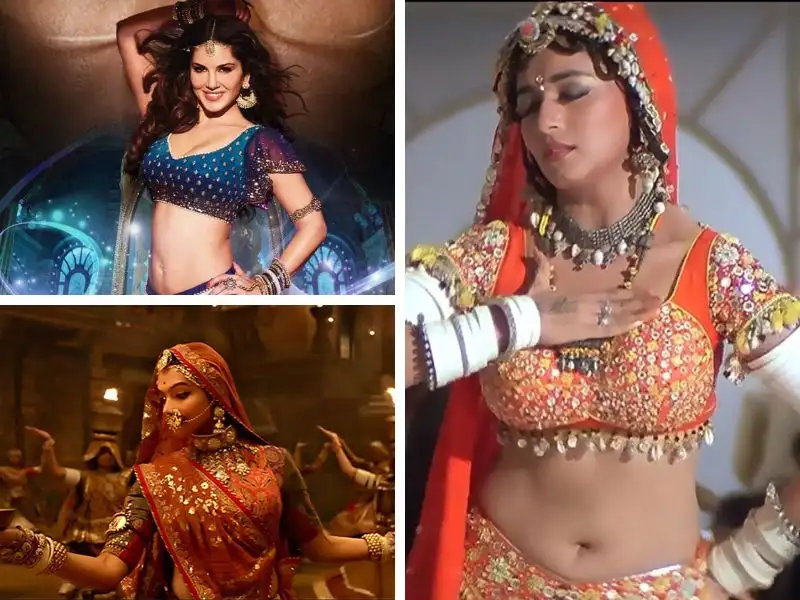
Check Out the List of Most Controversial Bollywood Songs ever.
Bhaag DK Bose

One such controversial Bollywood song is “Bhaag DK Bose” from the movie “Delhi Belly.” Released in 2011, this song created quite a stir with its explicit and suggestive lyrics. The song’s title itself caused controversy, as it was a play on words that sounded similar to a profane phrase in Hindi. Despite the controversy, the song became a hit and gained immense popularity among the youth.
Choli Ke Peeche Kya Hai
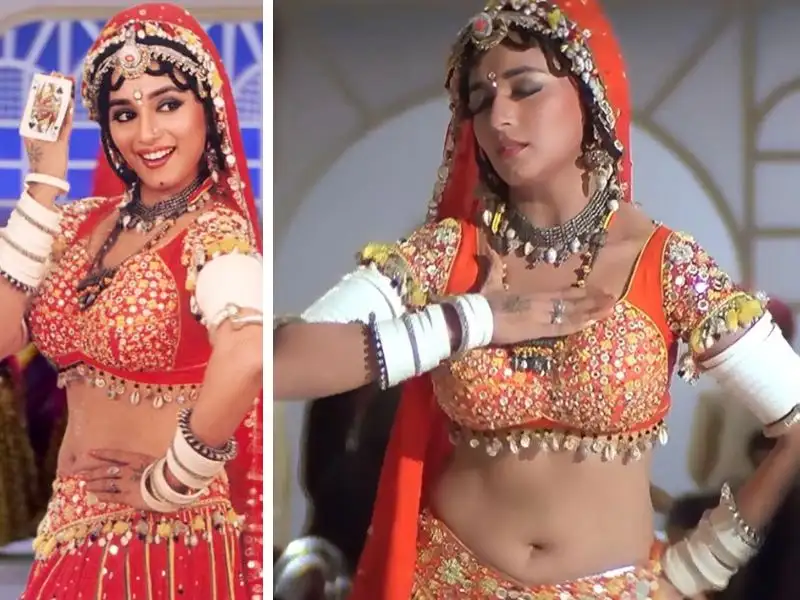
Another controversial song that made headlines is “Choli Ke Peeche Kya Hai” from the movie “Khalnayak.” This song, released in 1993, faced backlash for its suggestive lyrics and provocative dance moves. The song was criticized for objectifying women and promoting vulgarity. Despite the criticism, the song became a chartbuster and is still remembered for its catchy tune.
Laila Main Laila
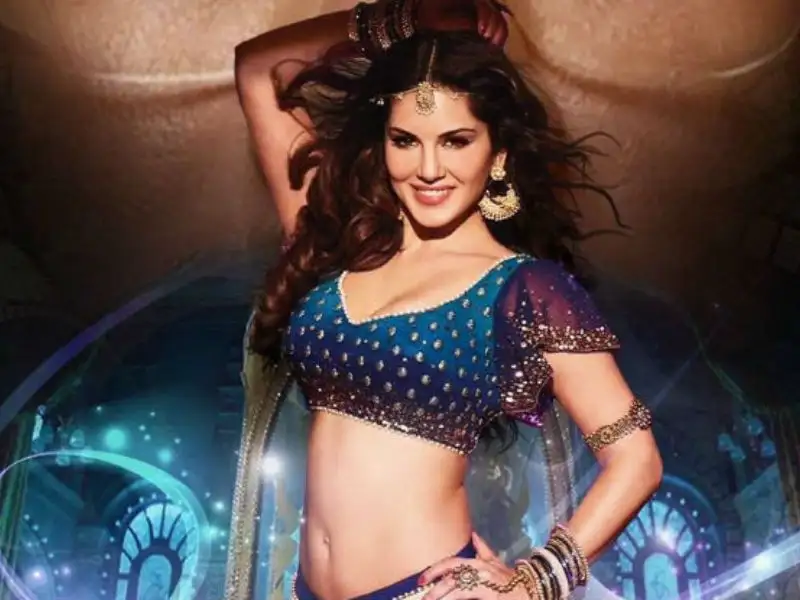
“Laila Main Laila” from the movie “Raees” is another Bollywood song that sparked controversy. The song, featuring Sunny Leone, faced backlash for its bold and sensual visuals. Many critics argued that the song objectified women and promoted a regressive mindset. However, the song became immensely popular and garnered millions of views on YouTube.
Ghoomar
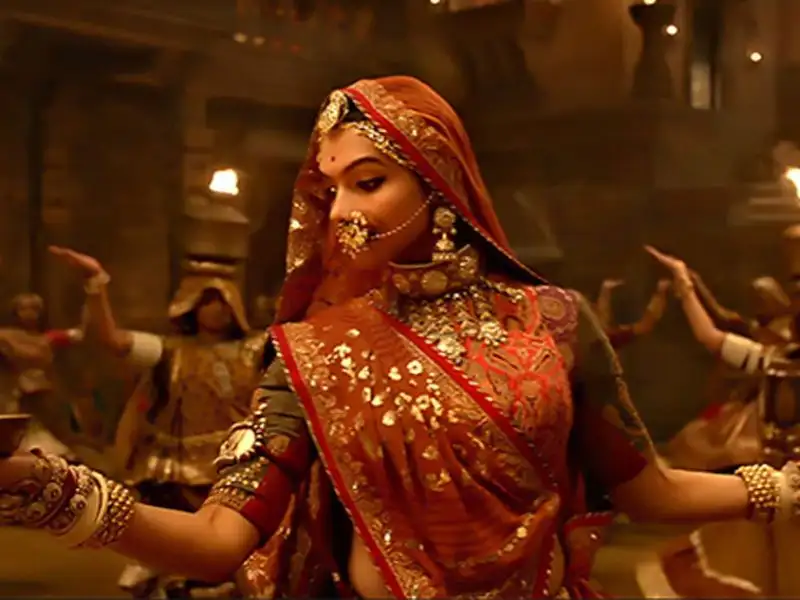
One of the most controversial songs in recent times is “Ghoomar” from the movie “Padmaavat.” The song, featuring Deepika Padukone, faced criticism for allegedly distorting historical facts and misrepresenting the Rajput culture. The controversy surrounding the song led to protests and calls for a ban on the film. Despite the controversy, “Ghoomar” became a massive hit and received widespread acclaim for its choreography and visuals.
Bhar Do Jholi Meri
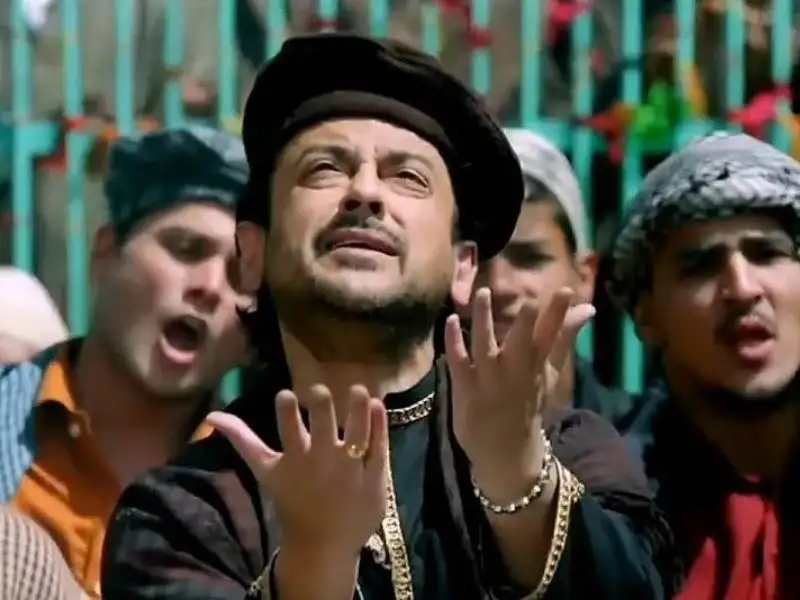
Another Bollywood song that stirred controversy is “Bhar Do Jholi Meri” from the movie “Bajrangi Bhaijaan.” The song, sung by Adnan Sami, faced backlash for allegedly promoting a particular religious ideology. Some sections of society accused the song of spreading a divisive message. However, the song was widely appreciated for its soulful rendition and emotional appeal.
Beedi
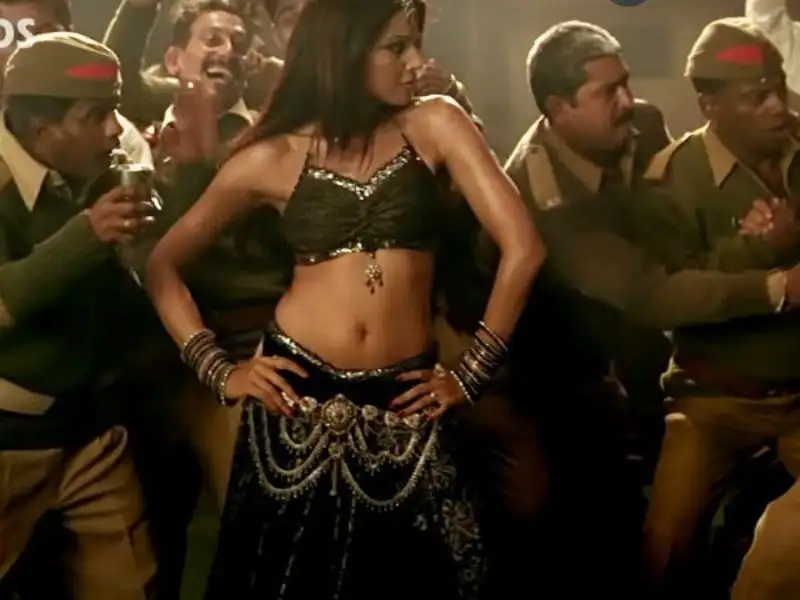
Despite the controversy surrounding “Beedi” from the movie Omkara, the song managed to captivate audiences with its catchy tune and energetic performances by Sunidhi Chauhan and Sukhwinder Singh. The lyrics of the song were bold and provocative, which led to a heated debate about the boundaries of artistic expression in Indian cinema.
The controversy surrounding “Beedi” primarily stemmed from its explicit references and sexual innuendos. Some critics argued that the song crossed the line of decency and objectified women, while others defended it as a reflection of the gritty reality of certain communities in India. The lyrics were seen as a portrayal of the raw and unfiltered language used in the underbelly of society.
Despite the criticisms, “Beedi” became a massive hit and garnered a large fan following. Its popularity can be attributed to various factors, including the infectious melody, the energetic vocals of Sunidhi Chauhan and Sukhwinder Singh, and the captivating choreography that accompanied the song in the movie.
Fevicol Se
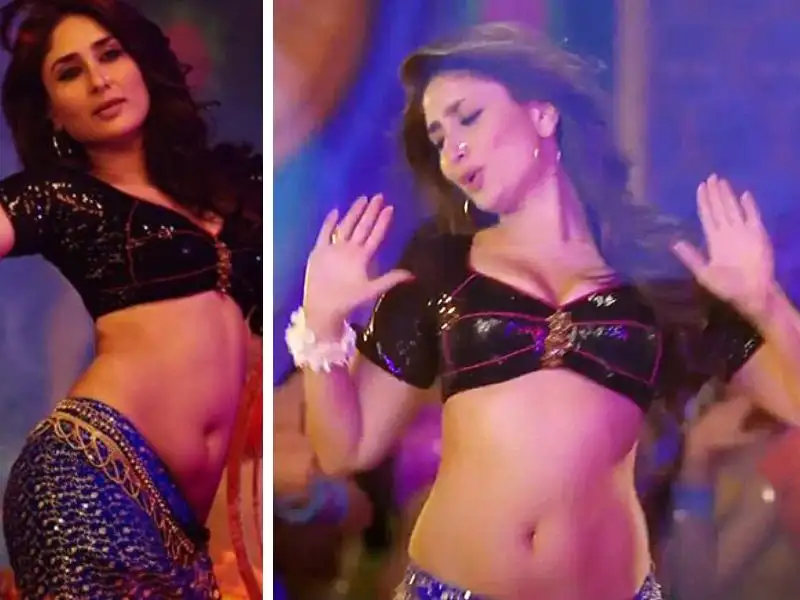
Featuring Kareena Kapoor Khan, “Fevicol Se” became a chartbuster but also attracted controversy. The song’s lyrics and suggestive dance moves were criticized for objectifying women. However, it didn’t stop the song from becoming a favorite at parties and dance performances.
Despite the controversy surrounding “Fevicol Se,” it undeniably left a lasting impact on the Bollywood music scene. The catchy beats and Kareena Kapoor Khan’s energetic performance made it an instant hit among the masses. The song’s popularity soared, and it quickly became a staple at weddings, clubs, and other social gatherings. The lyrics of “Fevicol Se” were penned by Sajid-Farhad, who cleverly infused playful innuendos and double entendres into the song. While some critics argued that this objectified women, others defended it as harmless entertainment. Bollywood has long been known for its colorful and extravagant dance numbers, and “Fevicol Se” was no exception. The music video of the song featured Kareena Kapoor Khan in various glamorous avatars, captivating the audience with her sizzling dance moves. Choreographed by Farah Khan, the dance sequences were a perfect blend of sensuality and exuberance. Kareena’s effortless grace and charisma added to the song’s appeal, making it a visual treat for the viewers. Despite the controversy, “Fevicol Se” managed to strike a chord with the audience due to its infectious energy and catchy tunes. It became a favorite choice for dance performances at school functions, college festivals, and even professional stage shows. The song’s popularity extended beyond the boundaries of India, with Bollywood enthusiasts across the world grooving to its beats. The success of “Fevicol Se” can also be attributed to its placement in the movie Dabangg 2. As a sequel to the highly successful film Dabangg, the expectations were sky-high, and the song perfectly complemented the film’s narrative. It was featured in a pivotal moment of the movie, adding to the overall entertainment quotient. In conclusion, while “Fevicol Se” faced criticism for its lyrics and dance moves, it undeniably became a sensation in the Bollywood music industry. Its catchy beats, Kareena Kapoor Khan’s captivating performance, and its placement in the movie Dabangg 2 all contributed to its popularity. Despite the controversy, the song continues to be a favorite among partygoers and dance enthusiasts, solidifying its position as a chartbuster.
Gandi Baat
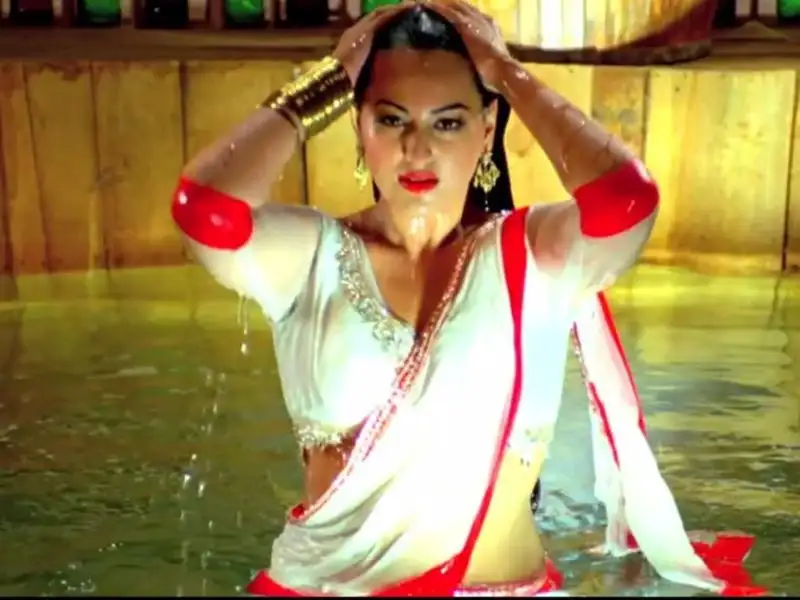
While “Gandi Baat” may have faced criticism for its explicit lyrics and suggestive dance steps, it is important to consider the context in which the song was released. Bollywood has a long history of incorporating catchy and sometimes controversial songs in its films, and “Gandi Baat” is no exception. The song, from the movie R… Rajkumar (2013), was designed to cater to a specific audience and fit within the overall narrative of the film.
One could argue that the controversy surrounding “Gandi Baat” actually helped in generating more buzz and curiosity around the movie. In an industry where attention-grabbing elements often play a significant role in the success of a film, the controversy surrounding the song may have inadvertently contributed to its popularity.
Sheila Ki Jawani
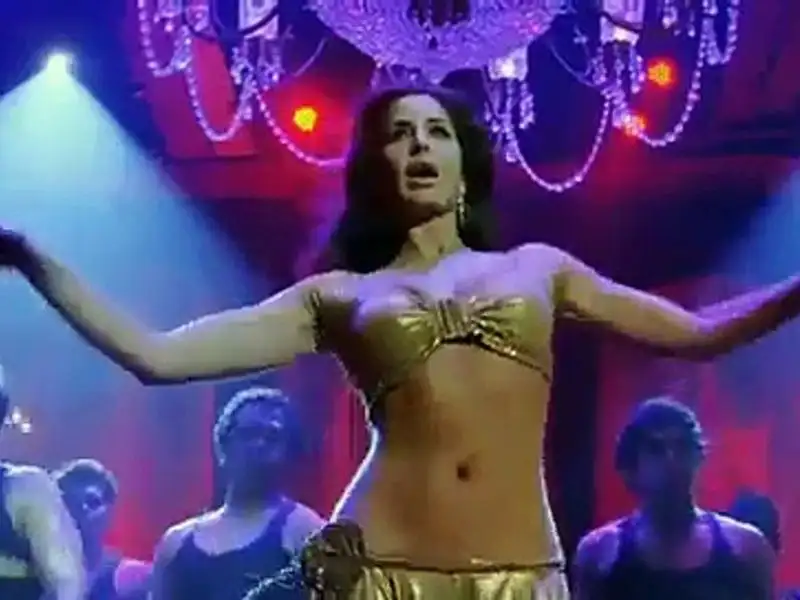
Katrina Kaif’s sizzling dance moves in “Sheila Ki Jawani” made it an instant hit, but it also landed the song in hot water. The lyrics and provocative choreography were criticized for objectifying women. Nevertheless, the song became a party anthem and topped the music charts.
The controversy surrounding “Sheila Ki Jawani” highlighted an ongoing debate about the portrayal of women in Bollywood songs. While some argued that the song empowered women by showcasing their confidence and sensuality, others believed that it reinforced harmful stereotypes and objectification. Despite the criticism, there is no denying the impact “Sheila Ki Jawani” had on popular culture. Its catchy beats and infectious lyrics became the soundtrack of many parties and gatherings. The song’s success can be attributed not only to Katrina Kaif’s mesmerizing performance but also to the talented team behind it. The music composer duo Vishal-Shekhar created a memorable tune that blended traditional Indian beats with contemporary sounds, making it appealing to a wide audience. The lyrics, penned by Vishal Dadlani, were catchy and instantly recognizable. They captured the essence of the song’s narrative, which revolved around a confident and independent woman embracing her sexuality. The choreography by Farah Khan was another standout aspect of “Sheila Ki Jawani.” Known for her energetic and innovative dance sequences, Farah Khan brought her signature style to the song. The choreography perfectly complemented the lyrics, enhancing the overall impact of the performance. “Sheila Ki Jawani” not only became a chart-topper but also paved the way for more songs that celebrated female empowerment and sensuality. It sparked a trend in Bollywood where actresses were given more agency in their performances, breaking away from the traditional roles of being mere eye candy. In retrospect, the controversy surrounding “Sheila Ki Jawani” served as a catalyst for a larger conversation about the representation of women in the entertainment industry. It prompted filmmakers and artists to reflect on their creative choices and strive for more nuanced portrayals. While the song may have faced criticism, it undeniably left a lasting impact on Bollywood and popular culture as a whole.
Sexy Baliye

“Sexy Baliye” stirred controversy due to its lyrics and portrayal of a young girl singing about adult themes. The song, featuring Zaira Wasim, faced backlash for its inappropriate content and the message it conveyed to the audience. However, it didn’t hinder the movie’s success.
Munni Badnaam Hui
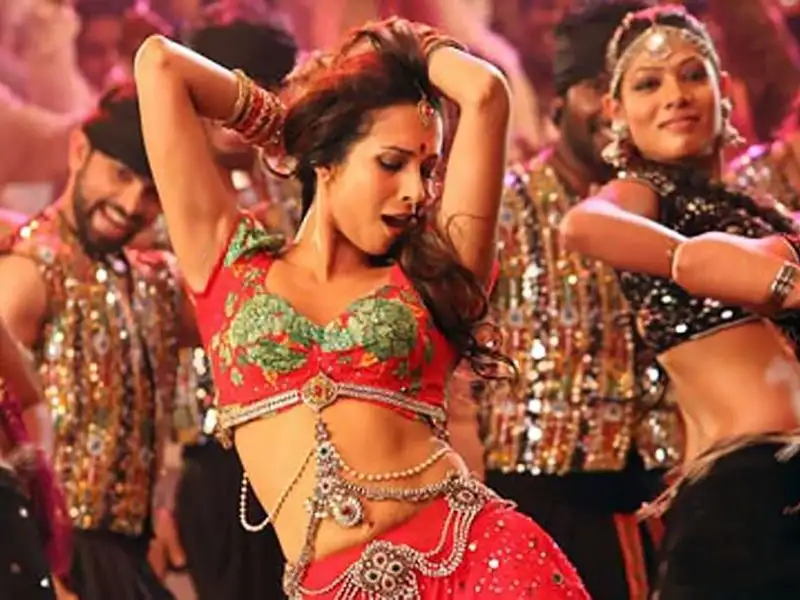
Another controversial yet immensely popular song in Bollywood is “Munni Badnaam Hui” from the movie Dabangg. Featuring Malaika Arora Khan, the song became a sensation with its catchy beats and energetic dance moves. However, it faced criticism for its lyrics, which some argued objectified women and promoted a regressive mindset.
Despite the controversy, “Munni Badnaam Hui” became a massive hit and was played at every party and wedding. It topped the music charts for weeks and even won several awards. The song’s popularity overshadowed the debates surrounding its content, proving that sometimes, catchy tunes and addictive dance routines can triumph over controversy.
In conclusion, Bollywood has a long history of songs that have managed to create a buzz due to their controversial nature. From provocative lyrics to suggestive dance moves, these songs have often faced criticism for objectifying women or promoting regressive ideas. However, it’s important to note that these songs are a reflection of the society they are created in, and they often mirror the existing cultural norms and values.




